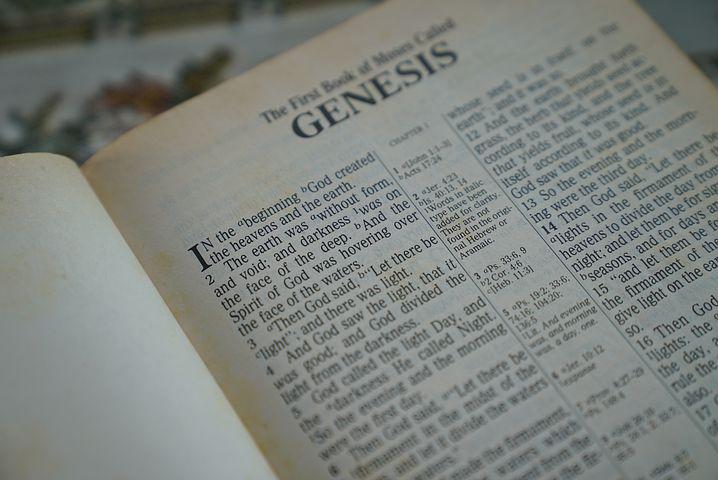Scripture:
Genesis 1:26–30 Genesis 2:18–25

Background:
There are basically but two ways of looking at the home: the Christian and the non-Christian view. Here surface similarities ought not deceive us. The former views life in the light of God and His word; the latter does so apart from the God of the Scriptures. Show how this makes all the difference in the world.
For Christians all things are become “new” in Christ Jesus. He has come to redeem and renew also our homes.
This He does through the Holy Spirit who changes our hearts and binds us to God’s Word. By grace we are enabled to live the “natural” life to God’s praise and glory. Discuss for a bit the Biblical view of the relation between nature and grace.
Because of the many applications of the evolutionary theory to man’s life, including marriage and the home, Christians must continually remind themselves of what God says about the origin of family life. How do many sociologists and anthropologists think of the origin of the home? How do such theories affect opinions about marriage, having children, infidelity, divorce, etc.?
Outline:
1 – The origin of the human race, (vs. 26, 27)
a. Man was created by God after deliberate decision. Show how this differed from the creation of other species. Mention is made of in our image. Is there an indication of the Trinity here? If so, what would this indicate? What is meant by God’s image?
b. Man was endowed with high honor. He was to have dominion over the rest of creation. What kind of dominion was intended? How could man exercise this? Some Reformed scholars claim that God’s image consisted precisely in this mandate to have dominion. What do you think of this? What does this require also for the family?
c. Man was created both male and female. Both sexes were made in God’s image. What are some basic differences between the sexes? Did God intend male superiority? Is one sex incomplete without the other? Should all people really want to get married?
2 – The calling of mankind, ( vs. 28–30)
a. To fulfill his mandate, man received God’s blessing. What is included in this? Show how only by such a blessing man could take his true place. Show how this invalidates the view that celibacy is a higher state than marriage.
b. Man received a specific commission: be fruitful. In this way the earth would be replenished. Do you think: the world is over-populated today? Man was also to subdue the earth. In which sense is this meant? Show how men and women would show themselves to be image-bearers of God by fulfilling this calling.
c. God also made rich provision for man’s physical needs. Food supply is mentioned in detail. Why only herbs and fruit for food? Compare with Genesis 9:3, 4. Should men be vegetarians?
3 – The creation of woman, (2:15-25)
a. Here some of God’s creative acts are mentioned in greater detail, Show that there is no contradiction between Genesis 1 and 2. This section deals especially with man in relation to the created order. Mention is made of Adam’s loneliness. Do you think this lasted long? Was the creation then imperfect for a while? Note woman’s calling—to be a help meet for man. What does this mean?
b. Discuss the creation out of Adam’s rib. Why is this so often mocked? Is there any basic message here for us? Notice how man at once recognizes woman in her origin, nature and purpose.
c. The rest of the passage mentions the true relation between husband and wife. Does this mean a man has no further duties to parents? What is the meaning of being one flesh? Show how this provides the right view of man’s sexual nature. Why was there no sense of shame? Show how both false prudery and blatant preoccupation with sex attack the Biblical view. How has sin ruined this relation? How is it restored by God’s grace?
